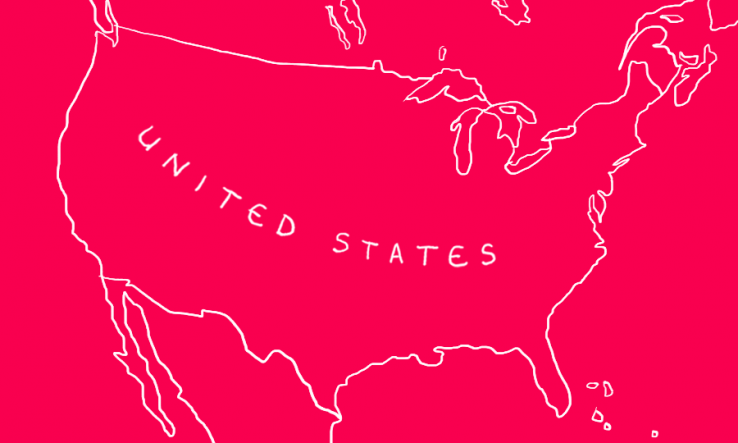
This week: Covid patent waiver, Nasa asteroid mission and White House energy advisors
In depth: The director of the United States National Science Foundation has outlined how a new technology directorate will boost the funder’s “lab to market approaches” for commercialising research findings.
Full story: NSF director backs ‘lab to market’ commercialisation schemes
Here is the rest of the US news this week…
Biden renews call to waive Covid vaccine patents
US president Joe Biden has reiterated his call for a waiver on intellectual property rights for Covid-19 vaccines, following the spread of the Omicron coronavirus variant. In April 2021, the US joined countries including India and South Africa in calling for a waiver, but encountered opposition in Europe. “I call on the nations gathering…for the World Trade Organization ministerial meeting to meet the US challenge to waive intellectual property protections for Covid vaccines, so these vaccines can be manufactured globally,” said Biden.
Nasa launches asteroid deflection mission
Nasa has launched a mission to test whether it is possible to deflect an asteroid, in case asteroids are ever found to be on a collision course with Earth. The Double Asteroid Redirection Test, built by the Johns Hopkins Applied Physics Laboratory, is intended to smash into an asteroid in late September to early October 2022, changing the asteroid’s course sufficiently to be tracked by ground-based telescopes. Referring to the Bruce Willis film Armageddon, Nasa’s administrator Bill Nelson said the mission is “turning science fiction into science fact”.
White House appoints new energy advisers
The White House has appointed two energy advisors to newly created posts in its Office of Science and Technology Policy. Sally Benson is a professor at Stanford University who has been appointed to lead a new energy division and will be joined by Costa Samaras, an engineer from Carnegie Mellon University. The energy division will develop national clean energy innovation plans as part of US efforts to reach net-zero carbon emissions by 2050, the White House announced.